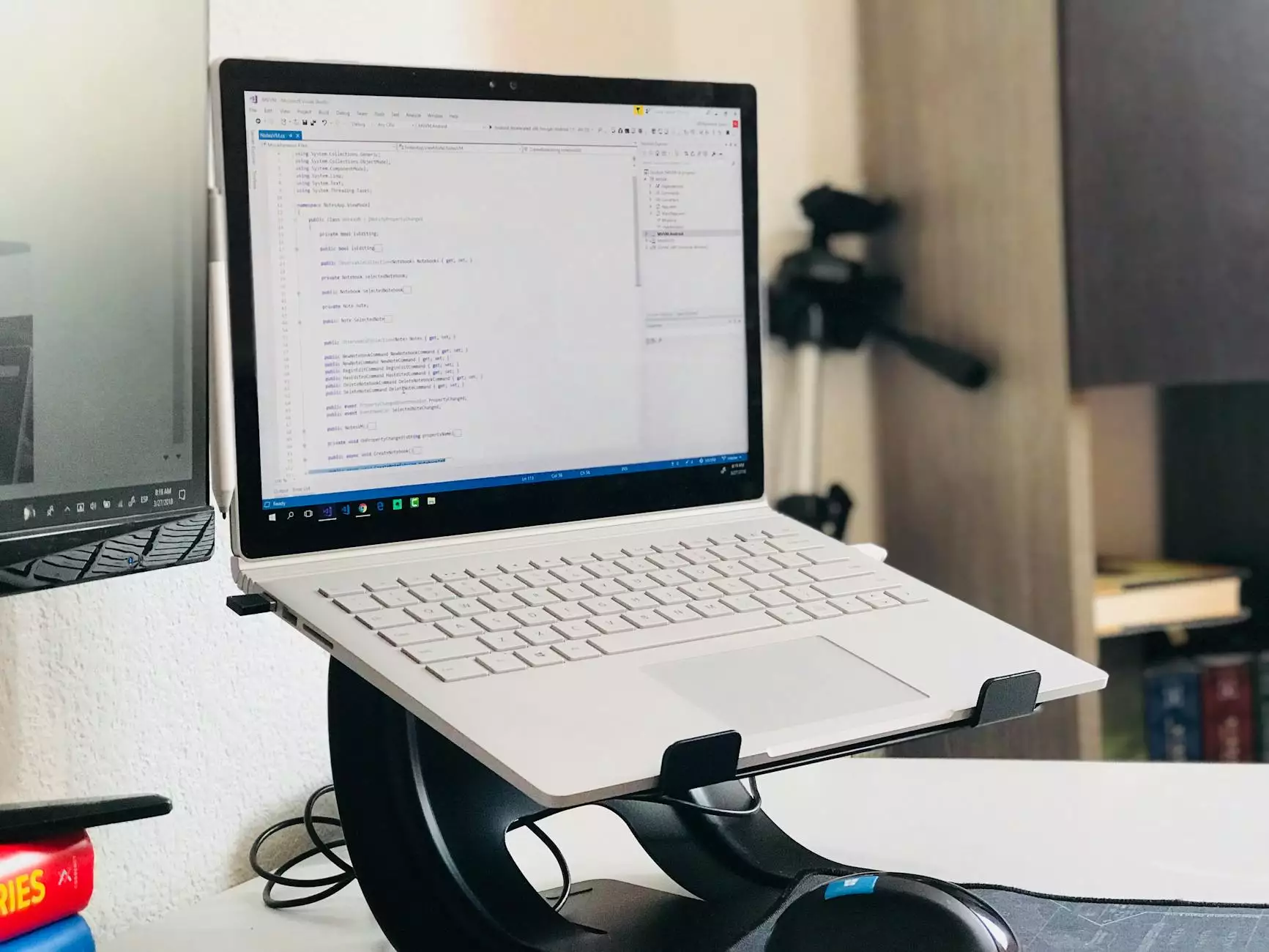Occupational Therapy for Kids: Empowering Young Lives

Occupational therapy for kids is a crucial aspect of child development that focuses on enabling children to participate in meaningful activities and daily routines. Through various therapeutic interventions, children can improve their physical, cognitive, sensory, and emotional capabilities, ultimately enhancing their ability to function independently in their everyday lives.
Understanding Occupational Therapy
Occupational therapy (OT) is a client-centered health profession concerned with promoting health and well-being through occupation. In children, this means helping them achieve developmental milestones, enhance their abilities, and participate in activities they find meaningful or necessary. The goal of OT for children is not just to improve functions but to build confidence and foster independence.
Why is Occupational Therapy Important for Kids?
Occupational therapy for kids plays an essential role in various contexts:
- Developmental Delays: Children experiencing delays in their physical, cognitive, or social skills may benefit significantly from OT.
- Disabilities: Children with conditions such as autism, ADHD, or cerebral palsy can enhance their functional capabilities through tailored occupational therapy interventions.
- Injury Recovery: After an injury, children can regain their independence and return to everyday activities with the help of OT.
- Skill Enhancement: OT can help children refine their motor skills, sensory processing, and even social skills.
The Role of Occupational Therapists
Occupational therapists are skilled professionals trained to assess and provide interventions that address the specific needs of children. Their roles include:
- Assessment: Evaluating the child’s strengths, challenges, and interests to create a tailored therapy plan.
- Intervention: Implementing strategies and activities that encourage skill development in a playful and engaging manner.
- Education: Teaching parents, caregivers, and educators about the child’s needs and how to support their development.
Common Interventions in Occupational Therapy for Kids
Occupational therapy can involve a variety of interventions to support children's development. Here are some common approaches:
1. Sensory Integration Therapy
This type of therapy helps children better process and respond to sensory information. It’s particularly beneficial for children with sensory processing disorders, helping them engage more fully with their surroundings.
2. Fine Motor Skills Training
Developing fine motor skills is essential for tasks such as writing, eating, and dressing. Therapists use fun activities like crafts and games to help children improve their dexterity and hand-eye coordination.
3. Gross Motor Skills Development
Many children need support with larger movements like running, jumping, or climbing. OT provides structured activities to help children gain strength and coordination in these areas.
4. Social Skills Development
For children facing challenges in social interactions, occupational therapists may conduct group therapy sessions that focus on communication, sharing, and cooperative play.
5. Adaptive Strategies and Tools
Occupational therapists may introduce adaptive tools or methods to assist children in daily activities, making tasks easier and encouraging independence. This might include specialized utensils for eating or modified writing tools for school.
The Impact of Occupational Therapy
The impacts of occupational therapy for kids can be life-changing. Here’s how it can benefit your child:
- Increased Independence: Children learn to accomplish everyday tasks independently, boosting their confidence and self-esteem.
- Improved Social Skills: Engaging in therapy often allows children to interact positively with peers, enhancing their social capabilities.
- Enhanced Quality of Life: By enabling children to participate in everyday activities, OT greatly improves their overall quality of life.
- Parental Guidance and Support: Occupational therapists work closely with parents, providing them with strategies to support their child’s development at home.
Conclusion
In conclusion, occupational therapy for kids is a valuable resource that empowers children to overcome limitations, explore their potential, and embrace their individuality. Whether your child is facing challenges due to a developmental delay or simply needs to refine their skills, occupational therapy can play a pivotal role in their growth and independence. To discover more about how occupational therapy can benefit your child, consider reaching out to professionals such as those at Two Can Talk, who specialize in these transformative therapy methods.









